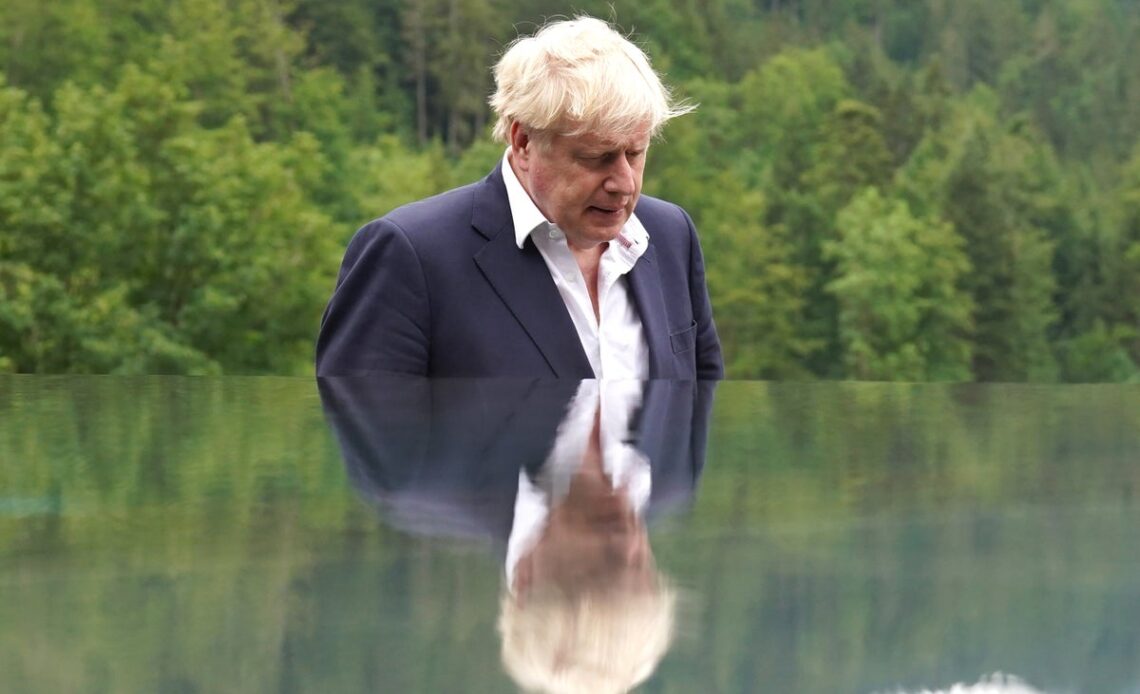Simon Calder, also known as The Man Who Pays His Way, has been writing about travel for The Independent since 1994. In his weekly opinion column, he explores a key travel issue – and what it means for you.
By September, the transport secretary hopes to become the next prime minister. Following Boris Johnson’s ejection from No 10, in a manner that tests the limits of the term “undignified”, Grant Shapps has thrown his hat into the ring as possible successor at Downing Street.
Because the transport secretary will presumably be too busy to look back to the manifesto on which the Conservatives fought the 2019 general election, I have done the work for him – to see how well Mr Johnson’s government has performed in achieving its goals.
A Department for Transport spokesperson assured me: “This government has made record investments in transport and significant progress on our ambitions.
“We are continuing to restore lost railways, invest in a sustainable bus network and introduce new technology to improve the aviation industry.”
Let’s take a closer look.
HS2 high-speed rail
What the manifesto said: “HS2 is a great ambition, but will now cost at least £81bn and will not reach Leeds or Manchester until as late as 2040. We will … work with leaders of the Midlands and the North to decide the optimal outcome.”
What happened: The cost could reach almost £100bn – and that is even taking into account the decision to scrap almost all of the eastern leg of HS2 to Leeds. The “optimal outcome” for Yorkshire is to cut it out of the new high-speed line.
Reforming the railways
What the manifesto said: “The railways need accountability, not nationalisation. So we will end the complicated franchising model and create a simpler, more effective rail system.”
What happened: The railways have effectively been nationalised, with private and public-sector train operators running services as stipulated by the Department for Transport (DfT). A new organisation, Great British Railways – basically a reincarnation of British Rail – will take over in 2023.
Reopening old stations
What the manifesto said: “We will restore many of the Beeching lines, reconnecting smaller towns such as Fleetwood and Willenhall that have suffered permanent disadvantage since they were removed from the rail network in the 1960s.”
What happened: A feasibility study for restoring trains to Fleetwood is under way but there is no clarity on when a station might open.
Further…
Click Here to Read the Full Original Article at The Independent Travel…
